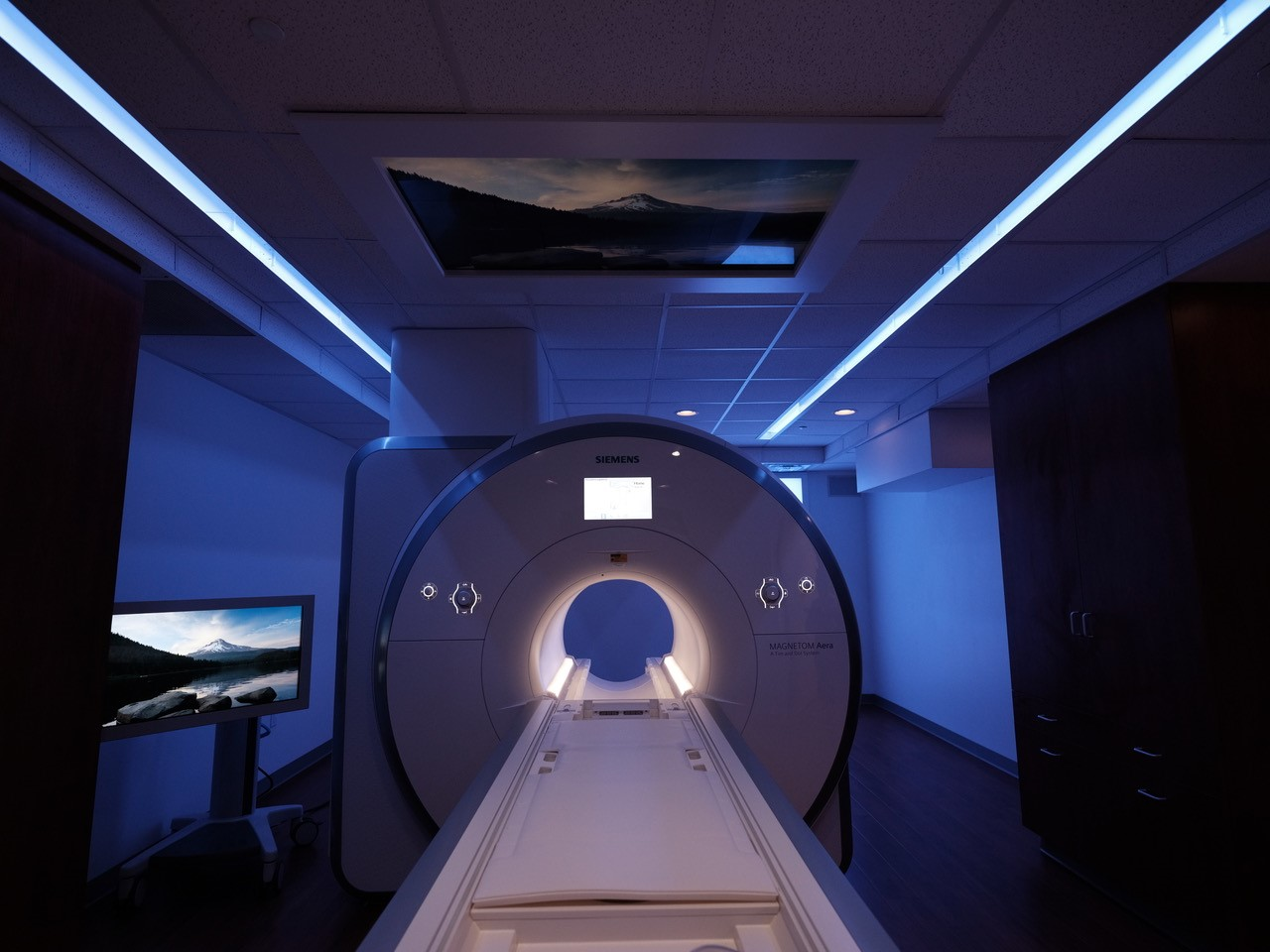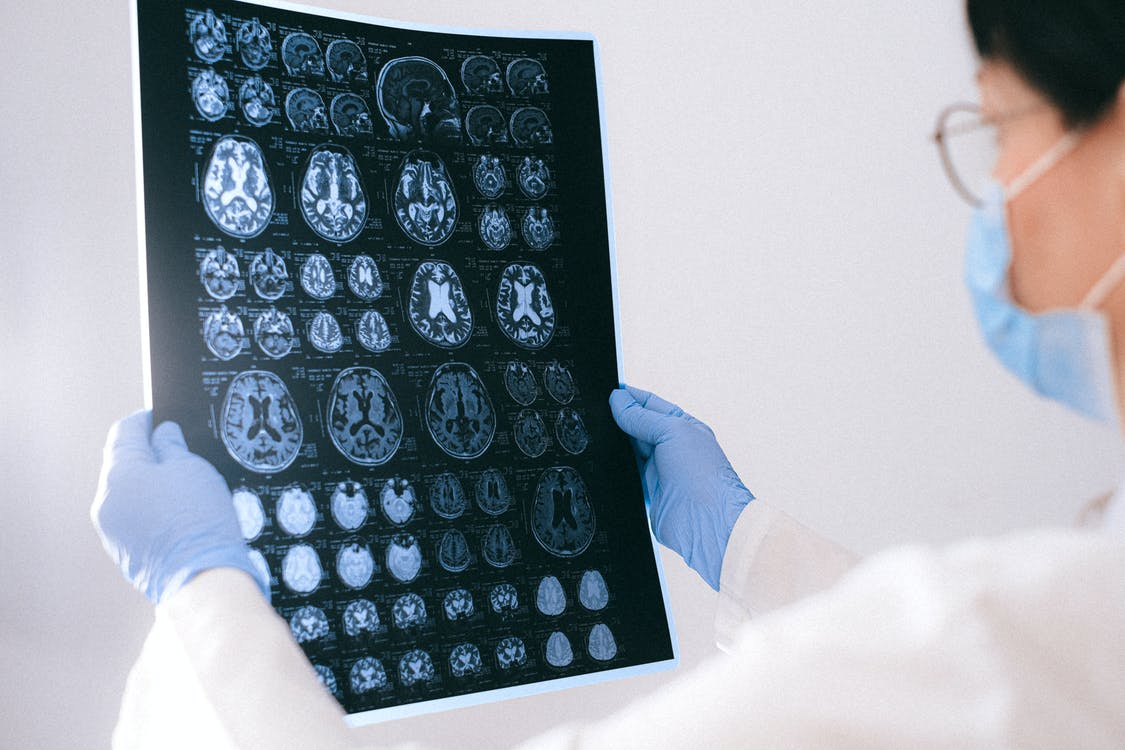An MRI scan is a noninvasive imaging procedure that gives physicians a detailed view of a patient’s tissues, organs, and skeletal system. It produces high-resolution images that are used to diagnose conditions and determine how a disease may be spreading or which parts of the body an injury is affecting.
What Is the Procedure Like?
An MRI scan typically takes between 45 and 60 minutes. The patient is slowly eased into the MRI machine, which is a large, barrel-shaped structure. A technician will instruct the patient to remain perfectly still during the process. Many imaging centers have MRI rooms where the patient can listen to music, watch television, or even go to sleep. Before the process begins, the patient may also be given a contrast solution to drink to make it easier for physicians to evaluate the results.
The process can be uncomfortable depending on which area is being imaged. In some cases, patients may experience a heating sensation during the procedure or hear buzzing sounds as the machine operates.
When Should You Get an MRI Scan?
MRIs are recommended for medical conditions that impose severe health risks or may have life-threatening effects. They’re commonly prescribed for cancers, aneurysms, and other serious conditions.
You may also be advised to get an MRI scan to monitor the results of certain treatments. The best way to see the impact of your doctor’s treatment plan is to view the area to gain insight into your changing condition.
When Should You Not Get an MRI Scan?
While MRIs are effective for diagnosing and monitoring several conditions, they’re usually prescribed only when other diagnostic options such as X-rays aren’t providing the information the doctor needs to form an accurate diagnosis. For instance, MRIs are typically used for musculoskeletal conditions such as fractures and muscle tears if there are any red flags of life-threatening impacts.
MRIs are used as preoperative tools for milder conditions because the results may not necessarily match what a patient may be feeling. For instance, you may get a “perfect” MRI scan that doesn’t show any signs of muscle deterioration despite your experiencing pain and discomfort.

Conditions That Commonly Require an MRI Scan
- Spinal cord disorders
- Brain injuries
- Strokes
- Tumors
- Organ abnormalities
- Cardiovascular diseases
- Bone infections
- Joint abnormalities or injuries
The imaging specialists at Houston Physicians’ Hospital can work with your doctor to use MRI scans and other imaging tests to diagnose and evaluate medical conditions. Visit our Imaging Center webpage for more information and to schedule an appointment.
We also offer joint pain treatments, physical therapy, spine solutions, and general surgery.

